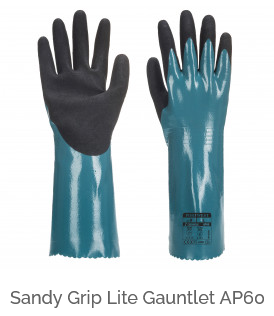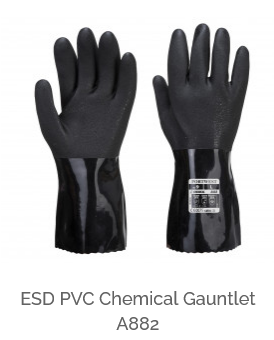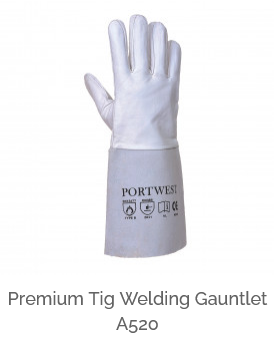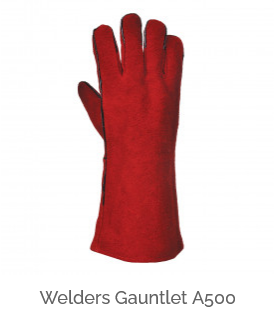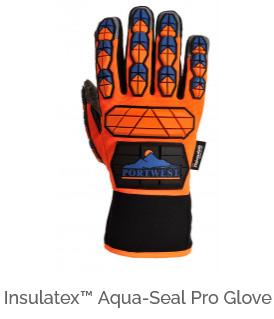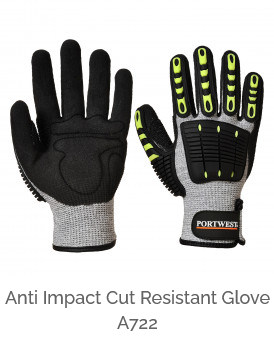Work gloves are essential protective equipment that protect hands from injuries, chemicals, heat and other hazards. However, the variety of work gloves on the market can be overwhelming. In this blog post, we'll take a close look at four different types of work gloves and their specific applications to help you make the right choice for your workspace.
Clicking on the desired glove will take you directly to the item page. If you click on the blue banners, the link will take you to the respective category with all models in the overview.
Working in sensitive electronic environments requires special precautions to avoid electrostatic discharge. Antistatic gloves, also known as ESD gloves, offer exactly this protection. They safely dissipate electrostatic charges and thus protect sensitive electronic components from damage.
Handling chemicals requires gloves that are resistant to various substances. Chemical-resistant gloves not only protect against aggressive substances, but also provide comfort and flexibility so as not to impair work performance.
Welding work requires special gloves that protect against heat, sparks and material splashes. Gloves made of heat-resistant material offer protection against these dangers as well as good grip and freedom of movement.
Working in environments where there is a risk of being hit by machinery or falling objects requires robust gloves that offer reliable protection. Anti Impact Gloves are made of materials such as Kevlar or Dyneema and minimize the risk of injury from mechanical impacts.
Remember that protecting your hands is not only required by law, but also crucial to your safety in the workplace. For your well-being and that of your employees, investing in high-quality work gloves is definitely worth it.



















